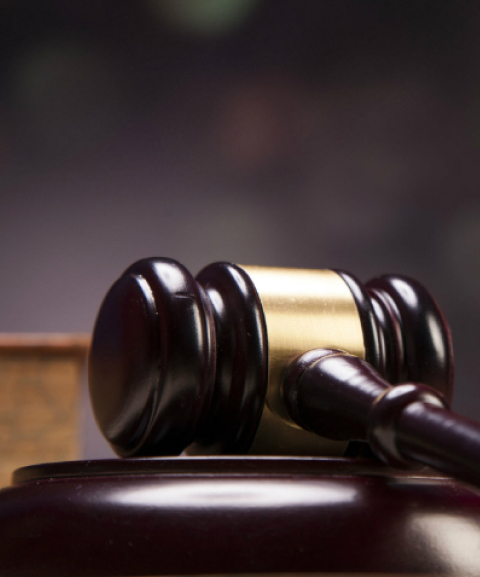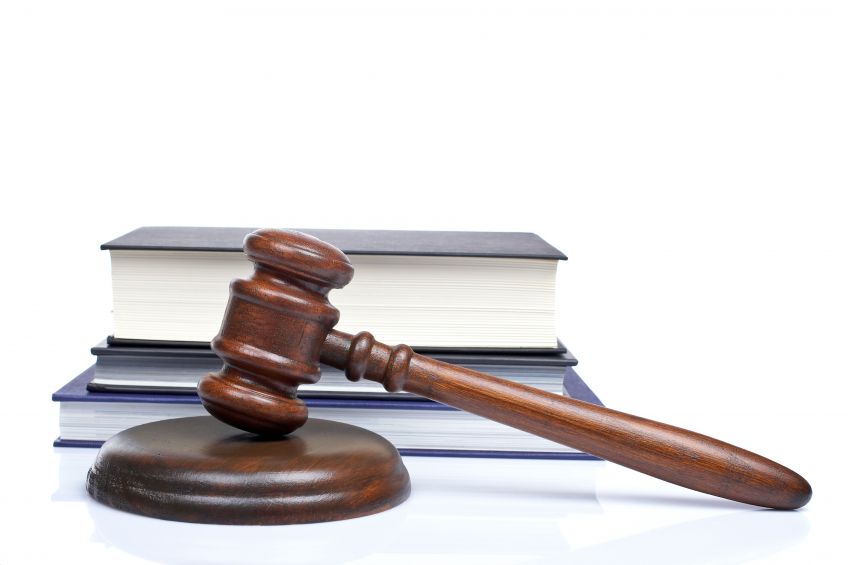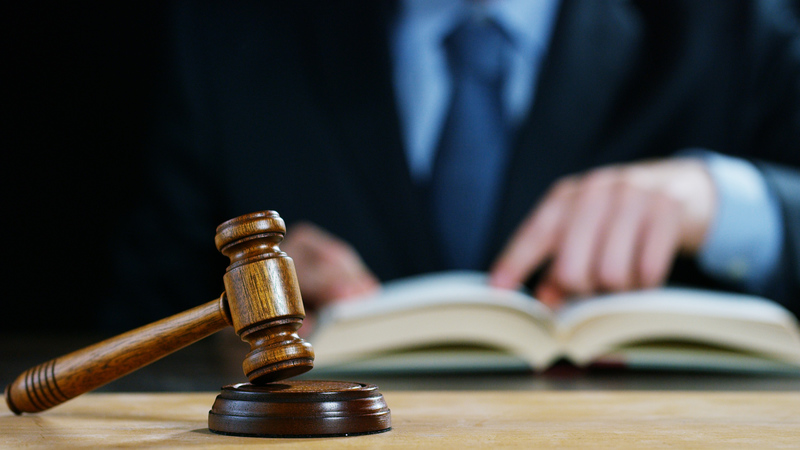Debt relief in Lawrence, KS can come in the form of Chapter 13 bankruptcy. This program allows consumers to pay off all or most of their outstanding debt with a payment arrangement that is more affordable than what they are dealing with now. They must be earning enough money to make the monthly payment to a trustee who divides up that money among the creditors. At the end of the program, any remaining unsecured debt is discharged.
Common Reasons for Filing
Many people petition the court for this program through a lawyer like Business Name to save a home from foreclosure. The arrears can be spread out over the three to five years of the payment plan along with other qualifying outstanding debt. Other people apply for Chapter 13 protection because they have become overwhelmed with medical bills and credit card balances.
General Details
The Chapter 13 program for debt relief in Lawrence, KS can last up to five years. Self-employed individuals are eligible as well as those working under W-2 status. The person is required to complete a financial management course too. That requirement should not be ignored, because if any debt is left after the program wraps up, a discharge could be denied by the court.
Debt That Cannot Be Discharged
Not all unsecured debts can be discharged. This is not allowed for back child support or spousal support payments, for example. The same is true for student loan debt. Property taxes that became due during the program cannot be discharged. Any obligations that were not included in the program also cannot be discharged through Chapter 13 bankruptcy. The person is still responsible for these types of payments.
Secured debts also cannot be discharged. Arrears can be included in the program, but any arrears still remaining must be handled directly with the financing company. If the person defaults, he or she risks losing a home to foreclosure or a vehicle to repossession. During the program, the person must continue to make current payments on time every month. Creating a new situation with additional arrears allows the financing company to take action against the borrower, despite the bankruptcy filing.







